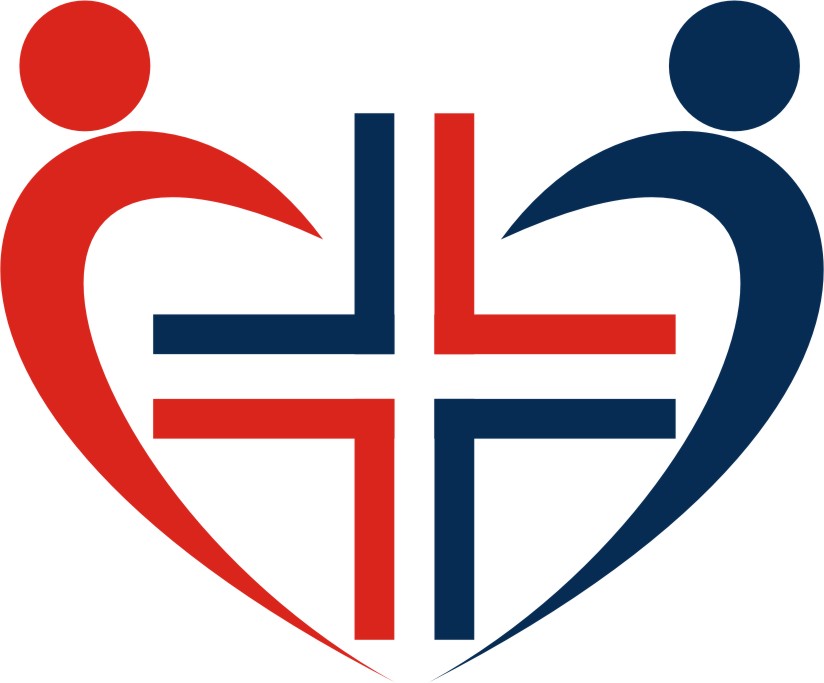Medical

A medical bout refers to an episode or period of illness characterized by specific symptoms, duration, and treatment. These bouts can vary significantly in severity and type, encompassing anything from mild, self-limiting conditions to severe, life-threatening illnesses.
For example, a common cold may present as a mild medical bout with symptoms like a runny nose, sore throat, and fatigue, lasting about a week. In contrast, a medical bout of influenza can lead to high fever, severe body aches, and prolonged recovery times, potentially requiring antiviral medications.
Chronic conditions, such as asthma or diabetes, can also result in acute medical bouts, where symptoms worsen significantly, necessitating immediate medical intervention. During these episodes, management often includes lifestyle adjustments, medication changes, and close monitoring.
Effective management of a medical bout relies on accurate diagnosis and timely intervention. Healthcare providers typically conduct a thorough evaluation, which may involve physical examinations, laboratory tests, and imaging studies, to identify the underlying cause and formulate a treatment plan.
Overall, understanding medical bouts is crucial for both patients and healthcare professionals to ensure appropriate care and improve health outcomes. Early recognition of symptoms and prompt treatment can significantly reduce the impact of these episodes on a person’s health.


